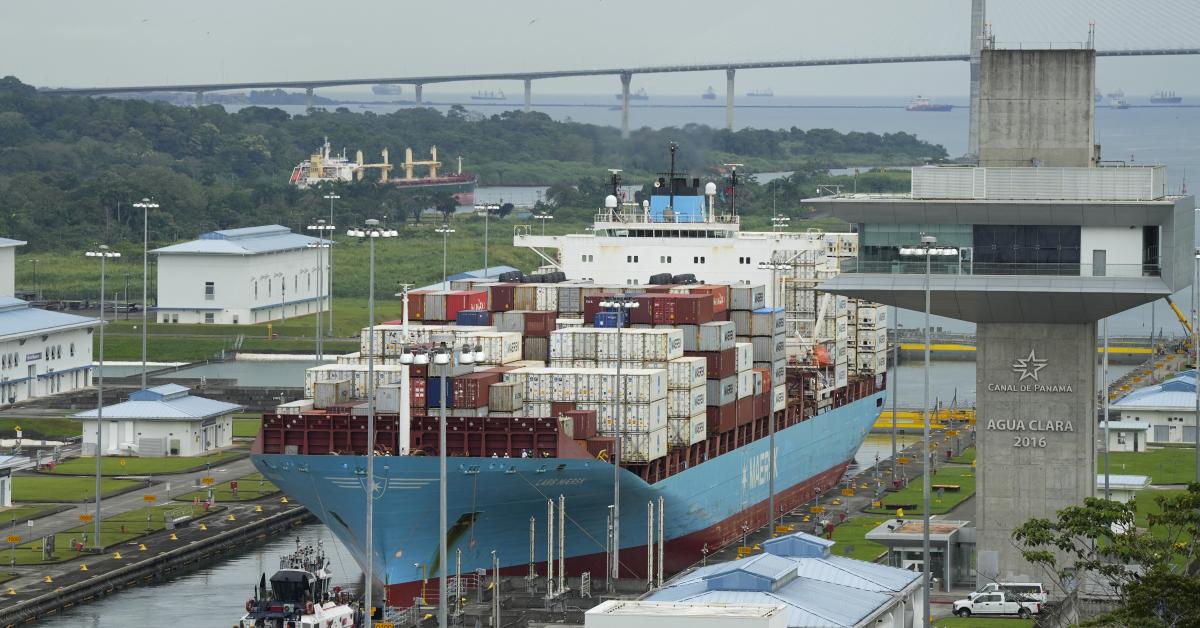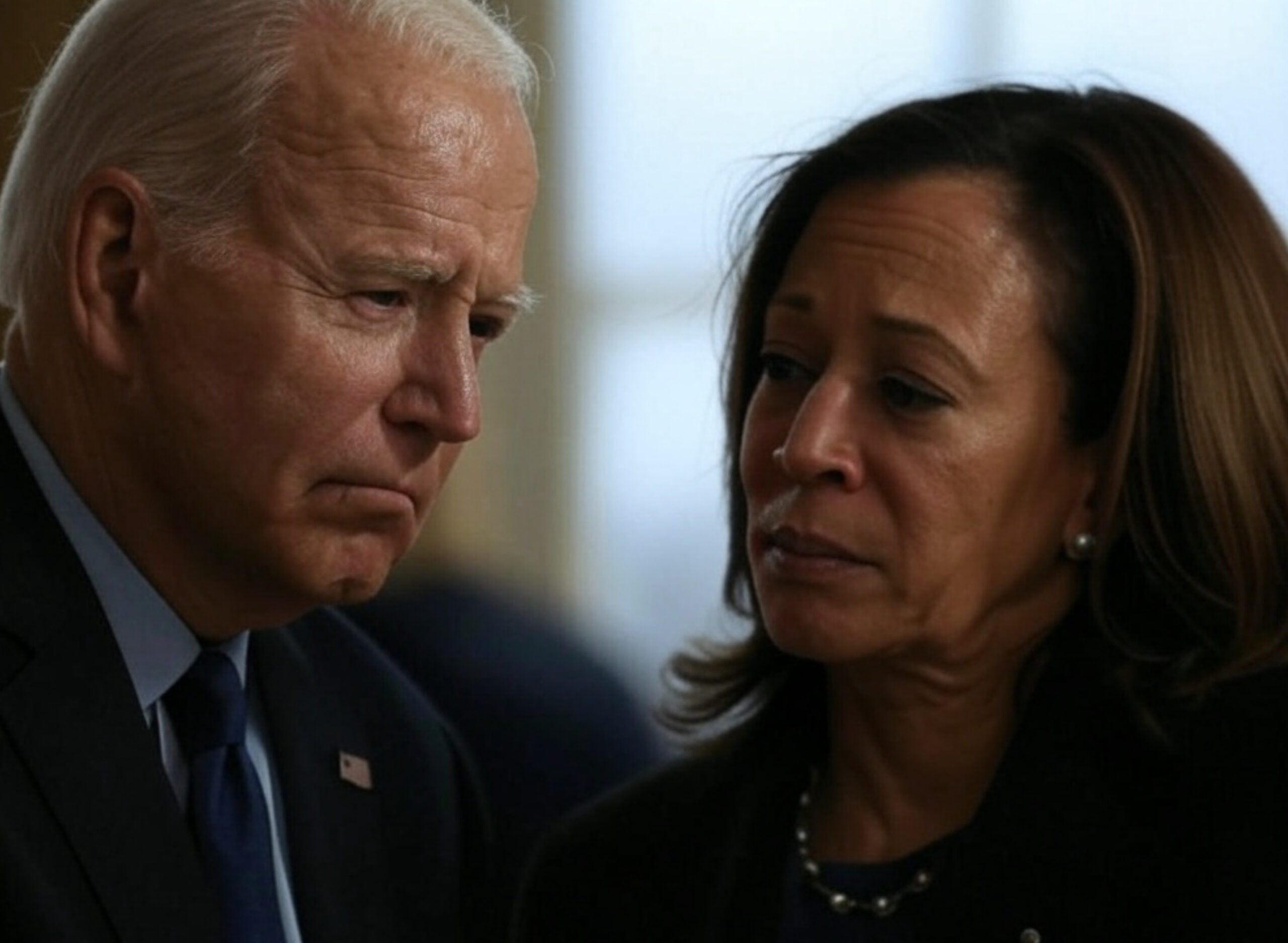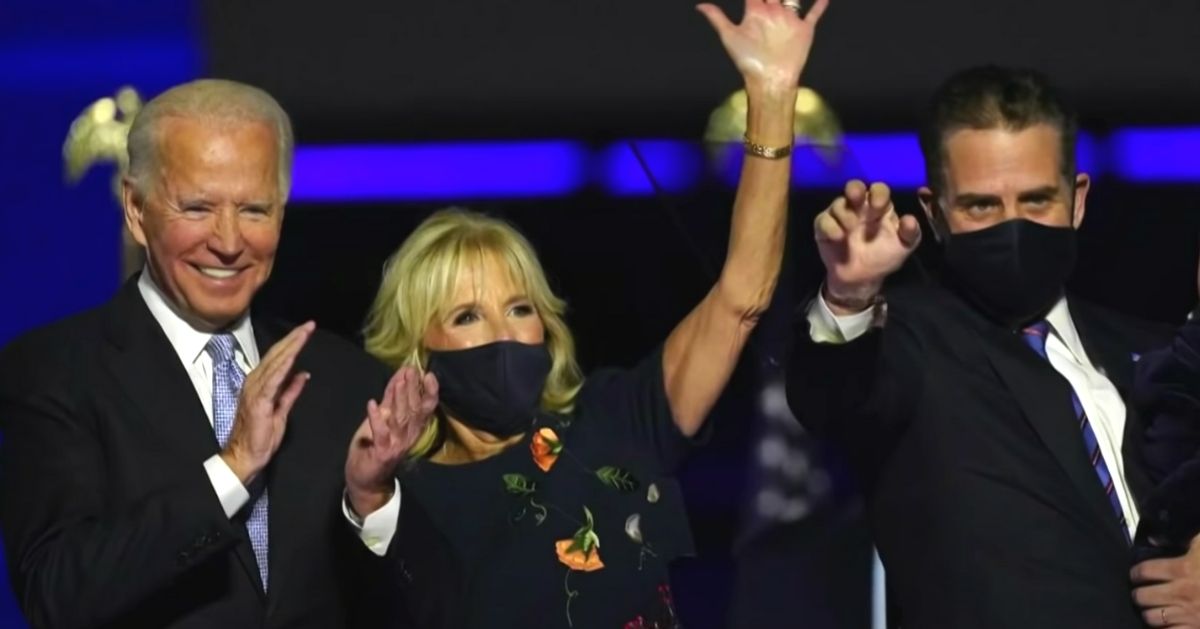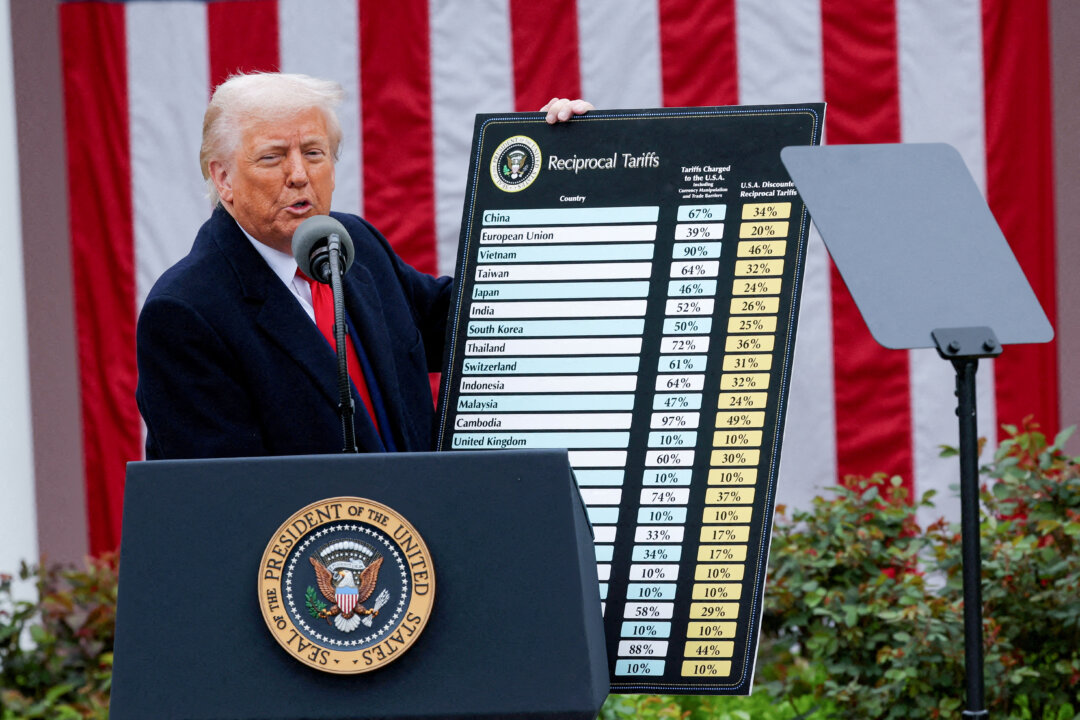Secretary of State Marco Rubio has managed to score a significant victory for the Trump administration by persuading Panama to withdraw from China’s major investment program. This move is seen as a strategic step in curbing China’s influence around the Panama Canal, which is crucial for both economic and military reasons. Rubio took a diplomatic approach, promising economic cooperation while underscoring the importance of keeping the canal free from Chinese control.
The strategy employed by the U.S., with Rubio playing the good cop and President Trump taking a more stringent stance, seemed to work effectively. President José Raúl Molina of Panama announced that his country would not be renewing its cooperation with China’s Belt and Road Initiative. This initiative is a key tool for China to extend its economic reach globally, even into areas traditionally influenced by the U.S.
This development is just a starting point in countering China’s deep-rooted presence in Latin America. China has been strengthening ties with countries like Venezuela and Cuba, and its investments in trade, infrastructure, and resources have been rising steadily. Over 20 Latin American countries have joined the Belt and Road Initiative, which promises Chinese investments in infrastructure projects since its inception in 2013.
Panama, a small nation that gained independence with U.S. support, was one of the first in the region to embrace China’s initiative. In 2017, Panama cut ties with Taiwan and recognized China, becoming the first Latin American country to engage with the Belt and Road Initiative. However, the growing Chinese influence in Panama has raised national security concerns for the U.S., given the strategic importance of the canal.
Rick de la Torre, a former CIA operations officer, views China’s mounting control over the canal as a significant threat to U.S. security. Chinese companies have invested in port facilities and other infrastructure projects around the canal, heightening these concerns. Rubio’s visit to Panama involved discussions about the implications of China’s influence and the need for Panama to address the situation.
In his meetings, Rubio emphasized that the U.S. sees China’s presence as a threat to the canal’s independence and a breach of treaties with the United States. He warned that the U.S. might have to take action if Panama did not address the issue. However, Rubio also expressed a desire for partnership, suggesting that the U.S. and Panama could work together for mutual prosperity without relying on China.
Speaking to U.S. Embassy staff in Panama City, Rubio highlighted the benefits of a strong relationship between the two nations. He mentioned that a prosperous Panama contributes to the prosperity and security of the United States. Rubio acknowledged the historical ups and downs in the relationship but noted its current strength in economic partnership.
China’s influence extends beyond Panama, with strategic partnerships in countries like Argentina, Brazil, Chile, and Venezuela. China has also been expanding its military cooperation through arms sales in the region, including to Venezuela. The country’s presence in Latin America is further solidified with infrastructure projects, such as the new commercial port in Peru and naval visits to Cuba.
General Laura Richardson, former U.S. Southern Command commander, warned about China’s proximity to the U.S. mainland. She emphasized the need for the U.S. to provide Latin American countries with alternatives to Chinese investments. According to Richardson, Latin American leaders view Chinese investments as growth opportunities, but the U.S. needs to offer competitive options.
On his Latin American tour, Rubio demonstrated the Trump administration’s commitment to offering alternatives to China’s investment strategies. In El Salvador, he signed a Memorandum of Understanding for Strategic Civil Nuclear Cooperation, showcasing U.S. readiness to help the country progress into the 21st century. This move signifies a broader effort to counter China’s influence regionally.
The situation in Latin America reflects a broader geopolitical struggle between the U.S. and China. The U.S. aims to reassert its influence by providing strategic alternatives to Chinese investments. By doing so, the U.S. hopes to maintain its traditional sphere of influence and ensure regional stability.
Rubio’s efforts in Panama and beyond are part of a larger strategy to push back against China’s global ambitions. The U.S. is keen on preserving its interests while fostering stronger ties with Latin American countries. This approach aligns with the administration’s broader foreign policy goals to promote American values and interests abroad.
As China continues to expand its reach, the U.S. faces the challenge of offering viable alternatives to its neighbors. The administration’s focus on economic cooperation and strategic partnerships aims to counterbalance China’s growing presence. By working with regional allies, the U.S. seeks to ensure a prosperous and secure future for the Americas.
The Trump administration’s approach is rooted in a vision of strong international relationships based on mutual benefit and shared values. By engaging with Latin American countries and presenting options beyond China’s investments, the U.S. aims to reinforce its leadership in the hemisphere. This strategy is seen as essential for maintaining global stability and security.
Rubio’s diplomatic efforts highlight the importance of collaboration and partnership in addressing global challenges. By fostering economic ties and strategic alliances, the U.S. seeks to create a network of resilient relationships that can withstand external influences. These efforts are crucial for promoting peace and prosperity in the region and beyond.
The situation underscores the ongoing competition between major world powers for influence and control. As the U.S. works to counter China’s initiatives, it must remain vigilant and proactive in its diplomatic engagements. This requires a commitment to providing meaningful alternatives and supporting the development of its partner nations.
Rubio’s mission in Latin America is a testament to the U.S.’s dedication to safeguarding its interests and supporting its allies. By addressing the challenges posed by China’s investments, the U.S. aims to uphold its role as a global leader. This strategy reflects a broader commitment to fostering a secure and prosperous international community.




Rubio’s earlier career was marked by a strong willingness to “go along to get along.” His being part of McCain’s “gang of eight” was the low point. He seems to have seen the light in terms of America first. If he is able to bring the leftist State Department in line with Trump’s vision, it will be a huge feather in his cap.